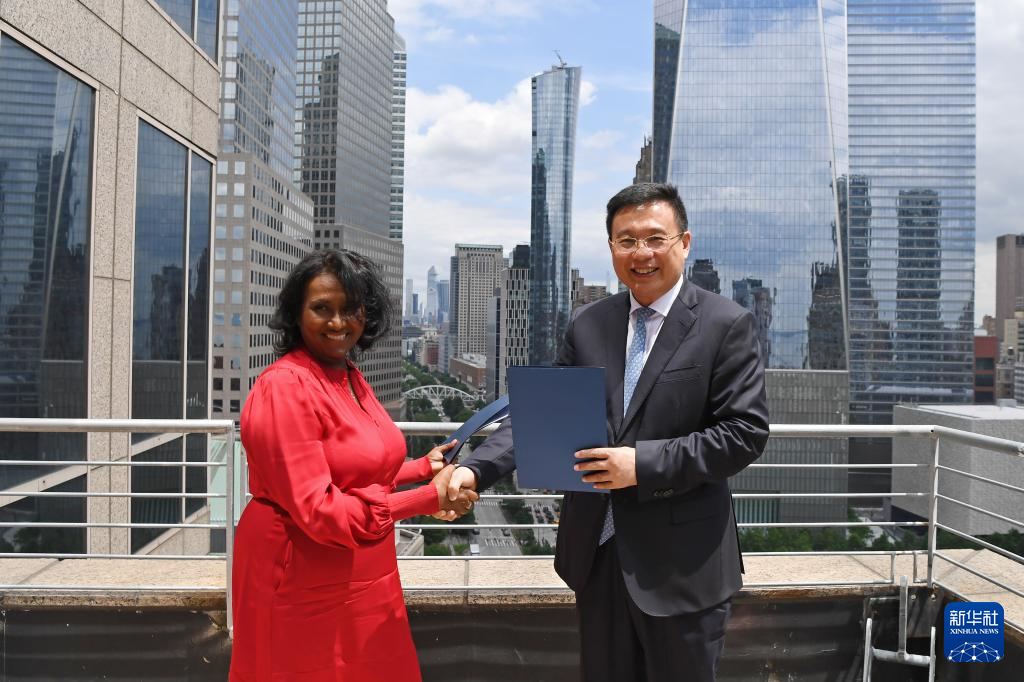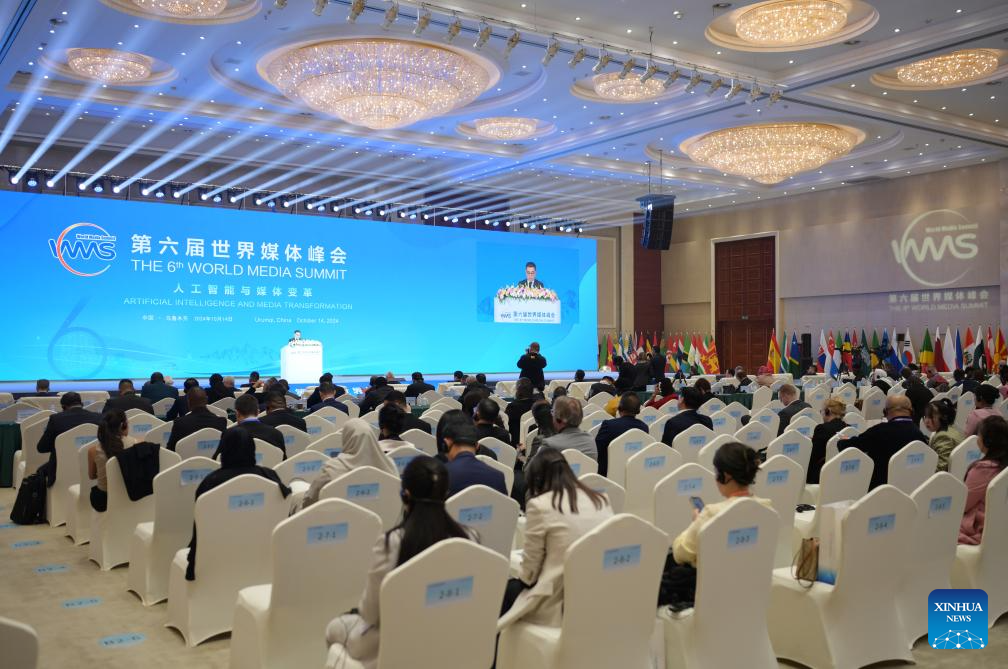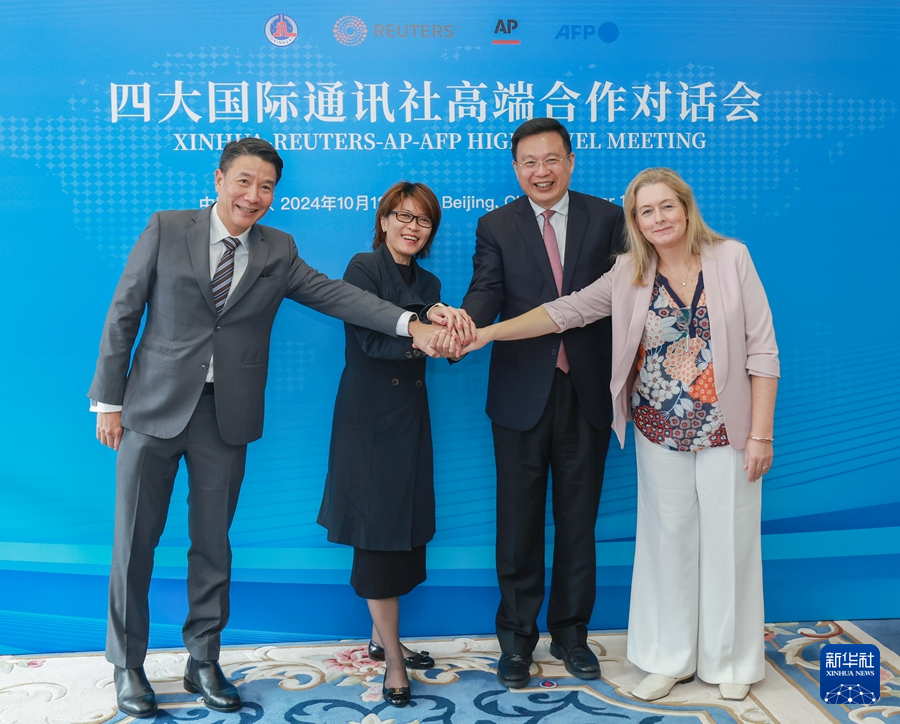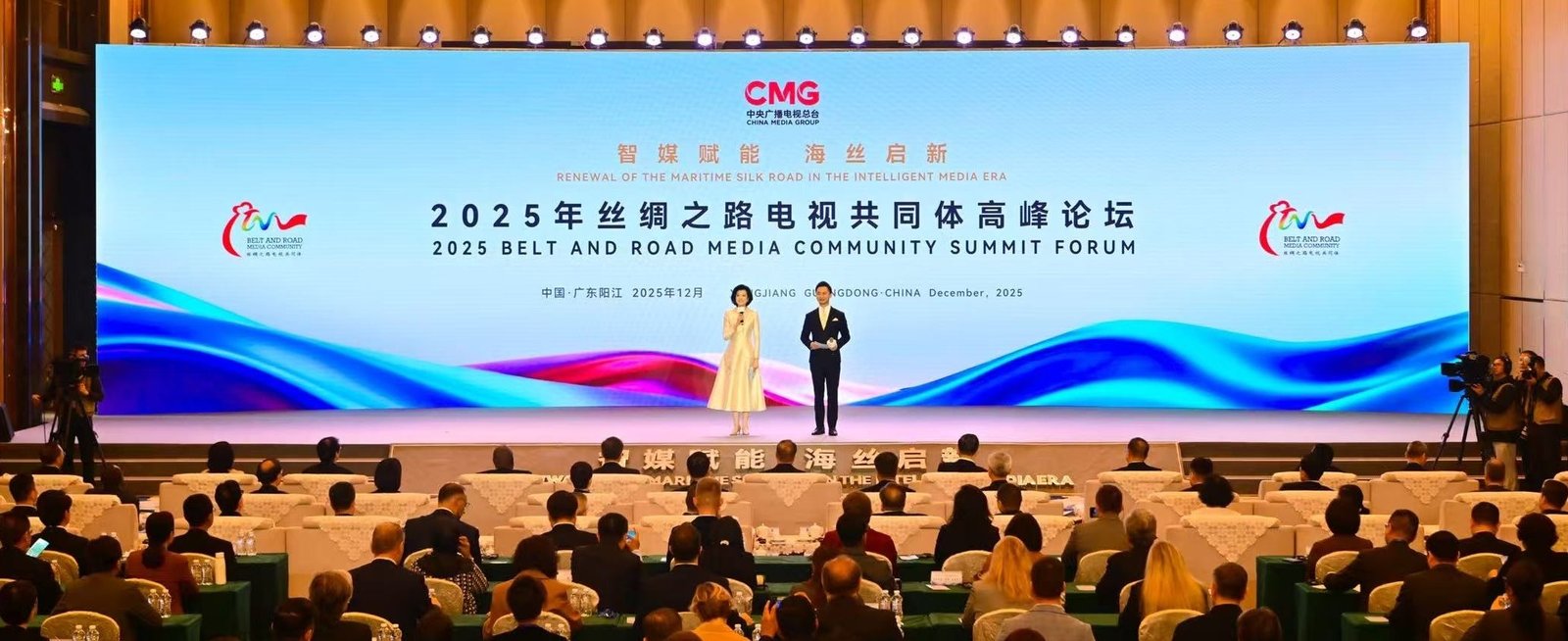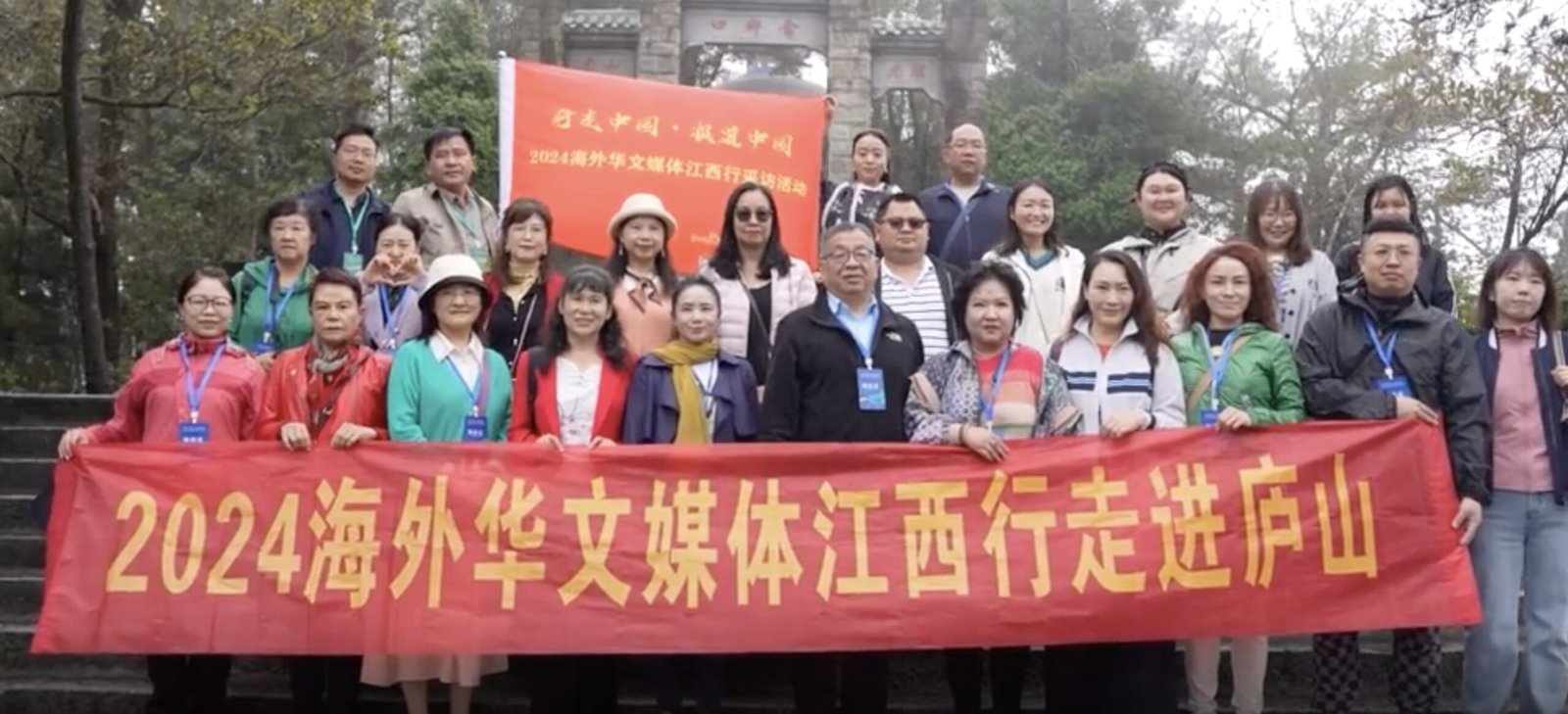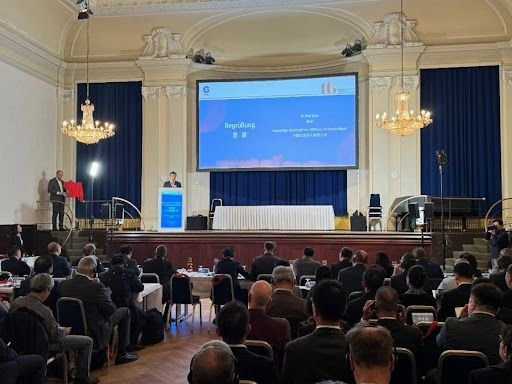Lancang-Mekong Cooperation 2025 Top Ten News Release
The China Foreign Languages Bureau (中國外文局), also known as the China International Communication Group (CICG) — one of China’s key external propaganda entities — and Lao PDR propaganda officials jointly released the “Lancang-Mekong Cooperation 2025 Top Ten News” in Luang Prabang, Laos (老撾琅勃拉邦) on February 4, 2026, attended by approximately 200 participants. China Foreign Languages Bureau Vice Director Yu Yunquan (于運全) and Lao People’s Revolutionary Party Central Propaganda Department Vice Minister Khammon Chanthaxy (坎蒙·占塔吉) co-hosted the event, which emphasized building “multi-level media cooperation networks” and “shaping the Lancang-Mekong narrative system.” Khammon stated that media cooperation has “laid a solid foundation of public opinion” for the Laos-China community of shared future — referencing a core foreign policy concept of Chinese leader Xi Jinping. The annual news selection is jointly conducted by Chinese state media including China Report (中國報道) magazine and mainstream media from Cambodia, Laos, Myanmar, Thailand, and Vietnam, now in its sixth year, designed to coordinate messaging on regional cooperation and strengthen what participants called “narrative collaboration” among the six countries.




